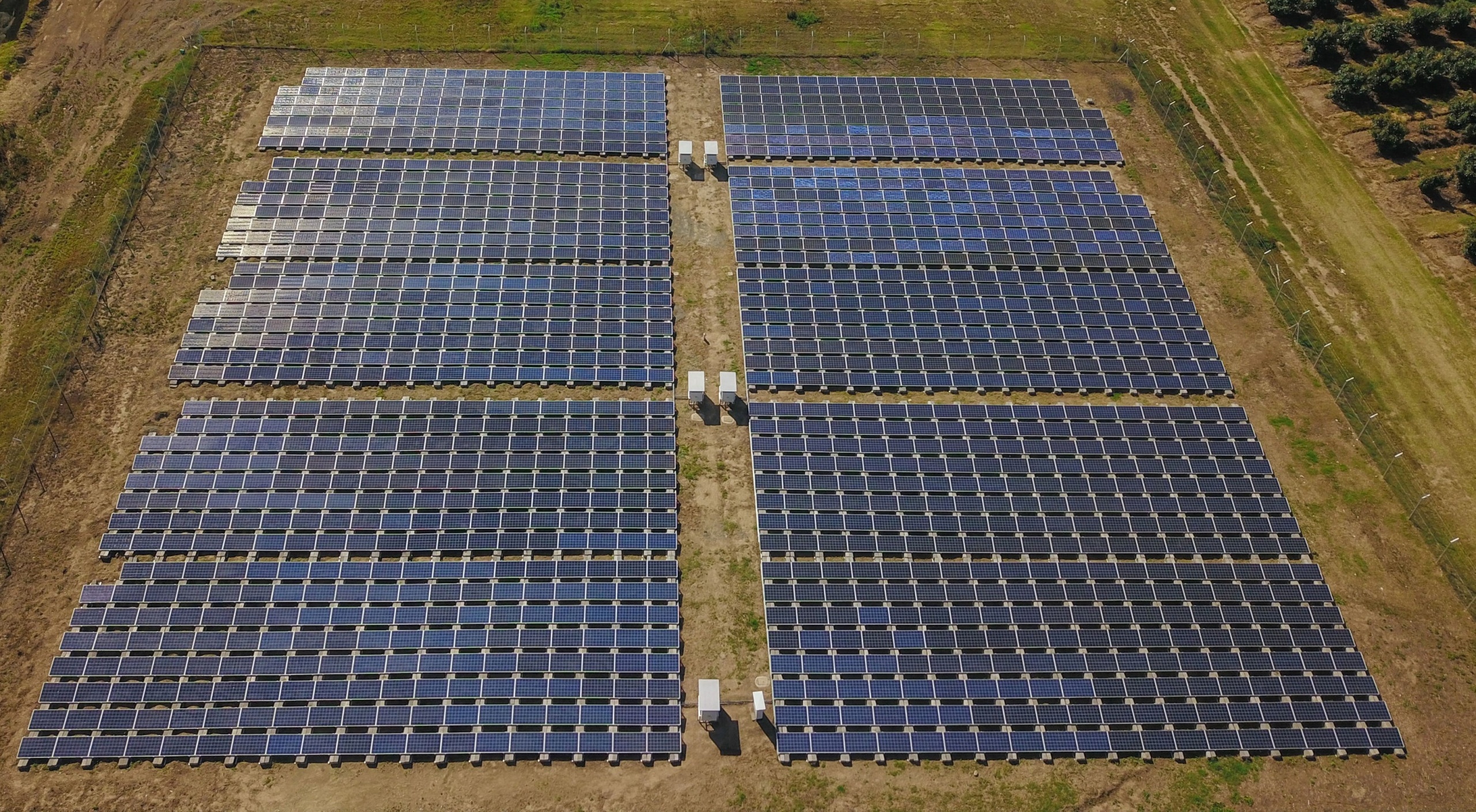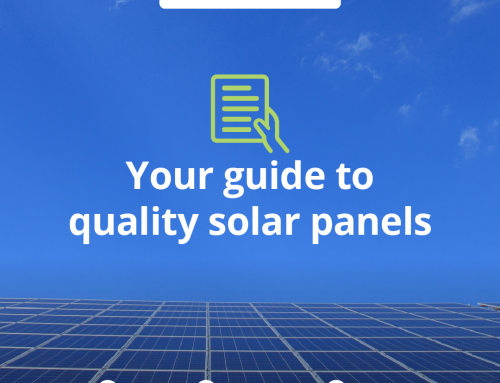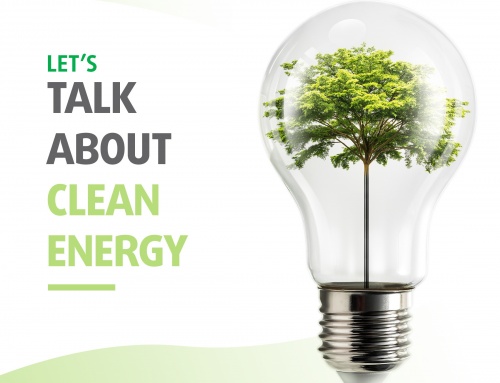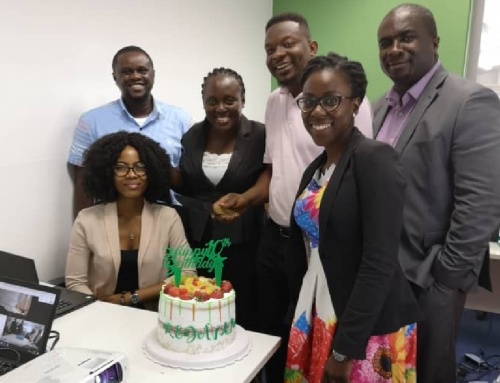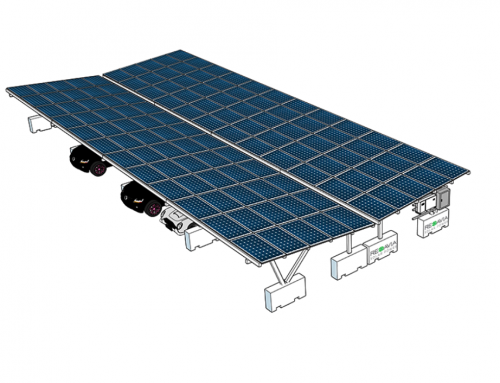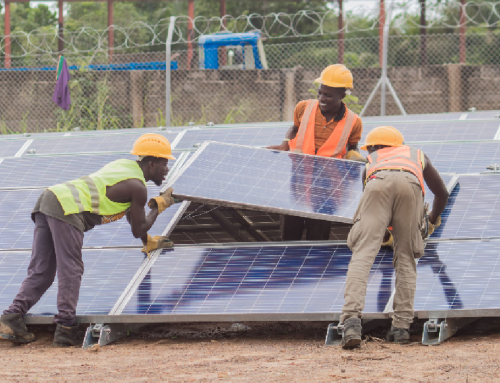When exploring ways to optimize business spending, it’s common to look at the costs associated with
powering machinery, operations, and equipment. Solar energy is an attractive option, but few people know that it is also an affordable option and one that makes a significant impact on business profit in a short timeframe.
When you begin considering switching to solar energy for a business, there are five important criteria to consider: quality of the tier-1 solar panels, their efficiency, the size of the solar power plant, your business’ options for energy storage, and the reputation of the solar panel provider.
As you browse the market and conduct your research, it is important to remember that not all solar panels are created equal. Be clear about your requirements and criteria so that you can make a selection that gives your business the best return on investment when it comes to solar energy.
1. Quality of the solar panels
The first proof of quality you want to look for is quality certification and that a provider’s products consistently meet quality standards. If this is the case, you can be certain that the final installation has been tried and tested. The quality of a solar panel can depend on the material used, its all-weather durability, proper assembly, and where the panels were developed & produced.
2. Efficiency of the solar panels
According to EnergySage, “There are several factors that determine how efficient a solar panel is. At its core, a solar panel cell’s efficiency is determined by how much incoming sunlight the cell can convert into usable electricity.”
A highly efficient solar panel is not an indication of quality, but rather helps you determine what kind of installation would be best for your business. With limited space to mount solar panels, you would want more efficient photovoltaic (PV) panels.
3. Size of the solar panel farm
When talking about the size of solar panels for businesses, we actually mean the total installed capacity of a solar power plant and not the physical size of the panels themselves. For solar energy to be an effective solution for businesses in the agro foods processing, mining, manufacturing, hospitality, and utility sectors, the installed solar capacity needs to be carefully engineered. To achieve this, it’s important to determine the size of the system. REDAVIA’s high-quality, German-made options include a Fast Track Solar 80 Ground Mount Unit (FTS-80GM), a Fast Track Solar 40 Carport (FTS-40CP), and a Fast Track Solar 60 Roof Mount (FTS-60RM)
4. Solar energy storage options for businesses
Solar energy can only be captured during the day, and if it’s not stored or used in the moment, then any extra energy is lost. This is where storage options come into play. Considering that many businesses also
use electricity at night, a proper storage option can be extremely valuable. An Energy Storage Module stores additional solar energy that isn’t needed during the day so it can be used at a later stage – like at night or on a rainy day. REDAVIA’s all-weather Energy Storage Module is compatible with both on- and off-grid solutions. When collected solar energy is stored, it can also be used to help bridge the gap when there are grid disruptions – this is an important way that solar energy can help industrial businesses decrease dependence on the grid and use a more reliable and less expensive form of energy.
> Explore our case studies to find one from your sector
5. The reputation of the solar panel provider
Like with any business partnership, you want to work with a partner you can trust, one who delivers on what they promise and who communicates transparently. Does your potential solar panel partner have a good reputation or standing in the market? Do they offer a unique warranty on their product or services? How involved are they in the installation of your solar panels? Is their pricing model fair and offers good value for money? These are important questions to ask yourself while you explore your options. Don’t hesitate to ask for quotes and to get in touch with service providers to see how they can tailor their offerings to meet your unique needs.
REDAVIA, for example, is a market leader in solar panel farms with German-engineered systems and has a regional focus on east and west Africa. We have an innovative pay-as-you-go system and pre-configured solutions that require minimal upfront investments. We have a proven track record of being a reliable partner for businesses that want to reduce costs by switching to solar energy.
What questions to ask when researching solar panels for businesses
Researching can be time-consuming, but it is certainly time well spent. To be as efficient as possible, make a list of your specific criteria before you dive into your search. Know what you need and what you want so you can narrow your online search and weed out any providers that focus on only solar panels for homes or who supply their services in a different region of the world. Here are some questions to ask yourself before you begin:
- Do we need an off-grid or an on-grid solution?
- How much space do we have for a solar panel farm?
- Is there a supplier who specializes in solar energy solutions for businesses in our industry?
- Do we want a solar energy storage solution?
- What kind of quality standards do the provider’s products meet?
By considering these five factors when exploring solar panel options, you’ll be well on your way to making an informed decision for the solar power installation for your business. If you have any questions about REDAVIA’s unique pay-as-you-go option and flexible leases, we encourage you to get in touch with us directly. Now you’ll even know what questions to ask, and we guarantee we will have transparent answers that we know we can put into action.

